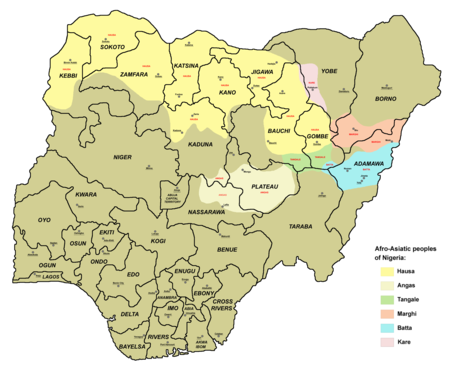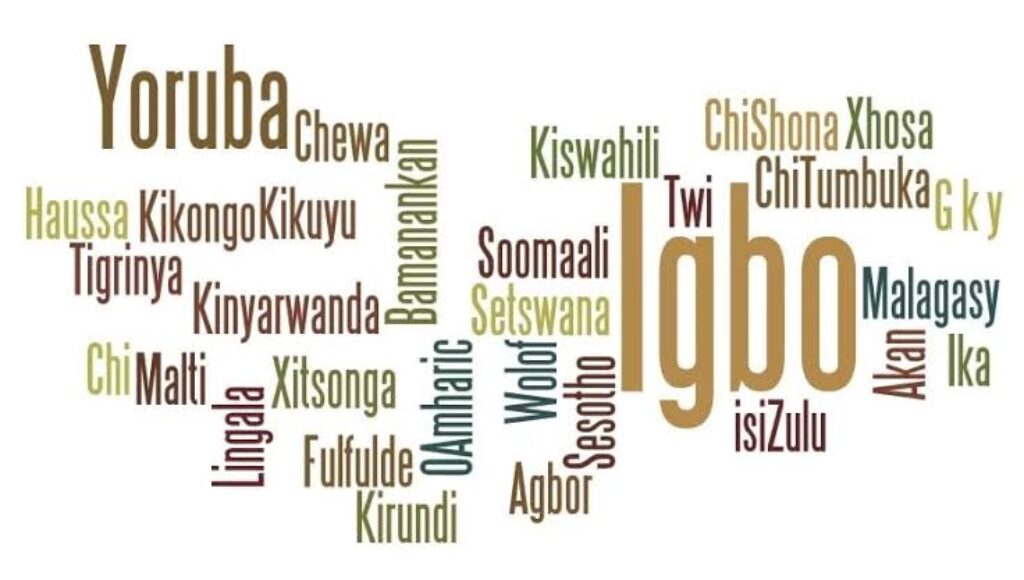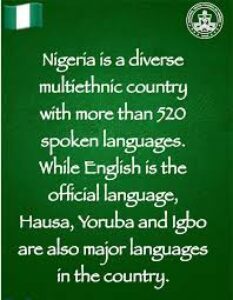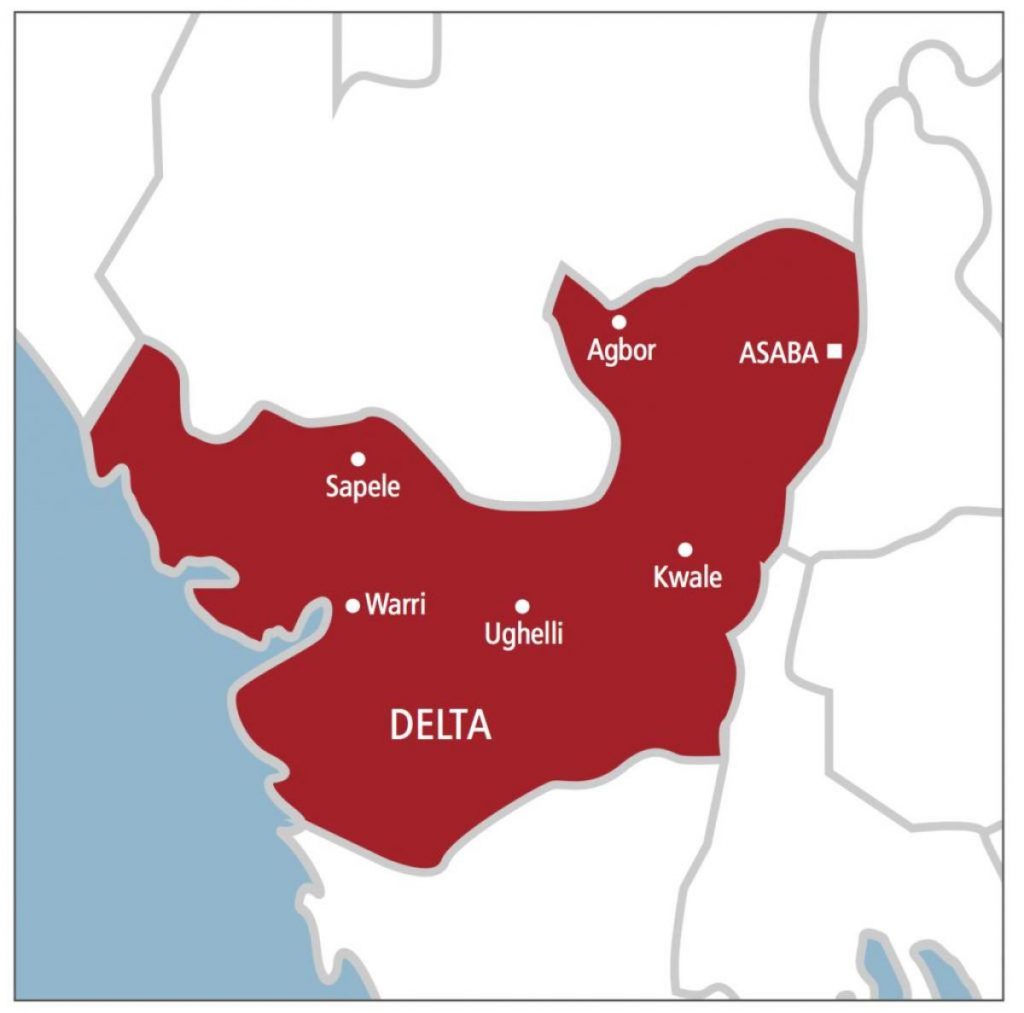
This article will consider the Linguistic Diversity of Nigeria which is a vibrant and culturally rich nation in West Africa. With over 500 languages spoken across its vast landscape, Nigeria stands as a testament to the intricate tapestry of languages that have shaped its history and identity. In this blog post, we delve into the linguistic diversity of Nigeria, shedding light on the fascinating array of languages that coexist within its borders. Join us as we embark on a journey to unlock the linguistic treasures of Nigeria and explore the multilingual tapestry that makes this country truly unique.
Understanding the Linguistic Diversity of Nigeria
The Major Nigerian Languages
The linguistic landscape of Nigeria is exceptionally diverse, consisting of three major language families: the Afro-Asiatic, Niger-Congo, and Nilo-Saharan. Within these families exist numerous languages, but some predominant ones stand out. Yoruba, spoken in the southwestern region, Hausa in the north, and Igbo in the southeastern region, are the most widely spoken Nigerian languages. Each language carries its unique history, nuances, and cultural significance.
Regional Variation in Languages
Beyond the major languages, Nigeria boasts a plethora of regional dialects and variations. These linguistic variations often reflect the distinct cultural practices, historical influences, and geographical landscapes of different regions within the country. For instance, the Hausa language exhibits variations across northern states, reflecting subtle differences in pronunciation, vocabulary, and idiomatic expressions.
Language Families in Nigeria
The linguistic diversity in Nigeria can be categorized into different language families. The Niger-Congo family, encompassing a vast majority of Nigerian languages, reflects historical connections among various ethnic groups. The Afro-Asiatic and Nilo-Saharan families, though less prevalent, contribute significantly to Nigeria’s linguistic diversity, with languages like Kanuri and Fulfulde.
Language Endangerment and Preservation Efforts
The preservation of Nigeria’s linguistic diversity is crucial due to the increasing threat of language endangerment and extinction. Several languages in Nigeria are considered endangered, with fewer speakers and limited intergenerational transmission. Efforts to document these languages through linguistic research, creating dictionaries, and archiving oral traditions are pivotal in their preservation.
Collaborations between linguists, local communities, and educational institutions are instrumental in documenting and revitalizing endangered languages. Establishing language revitalization programs within communities, organizing cultural events, and supporting community-driven language projects are effective ways to ensure the survival of these endangered linguistic heritages.
Cultural Significance and Identity Affirmation
Languages are not solely a means of communication but also embody the essence of cultural identity. Each language encapsulates unique worldviews, belief systems, and cultural practices passed down through generations. Therefore, preserving languages is preserving the very essence of a community’s identity.
The revival and promotion of indigenous languages within Nigeria foster a sense of pride and belonging among its speakers. It strengthens cultural bonds, encourages intergenerational knowledge transmission, and empowers communities to embrace their distinct heritage in a globalized world.
Educational Strategies for Language Preservation
Education plays a pivotal role in sustaining linguistic diversity. Integrating indigenous languages into the formal education system not only ensures the preservation of these languages but also enhances cognitive abilities and academic performance among students. Bilingual education models that incorporate indigenous languages alongside the national language(s) can significantly contribute to language preservation efforts.
Moreover, initiatives that promote language learning through cultural exchange programs, workshops, and multimedia resources help instill appreciation and respect for diverse languages from a young age.
Economic and Tourism Potential
The linguistic diversity in Nigeria presents significant economic opportunities. Leveraging this diversity can stimulate economic growth through cultural tourism, language-based industries, and international collaborations. Cultural festivals, language-based art, literature, and music can serve as avenues for promoting Nigeria’s linguistic and cultural richness, attracting both domestic and international interest.
Investments in language-based industries, such as translation services, language education, and cultural heritage tourism, can generate employment opportunities and contribute to the national economy while preserving linguistic heritage.
Policy Recommendations and Social Integration
Formulating inclusive language policies that recognize and support linguistic diversity is critical. Government support in the form of language preservation legislation, funding for language revitalization projects, and the inclusion of indigenous languages in official documentation and media can significantly bolster preservation efforts.
Additionally, fostering a society where linguistic diversity is respected and valued promotes social inclusion and harmony. Embracing multilingualism in public spaces, workplaces, and educational institutions encourages a sense of unity while celebrating the uniqueness of Nigeria’s diverse linguistic landscape.
In conclusion, Nigeria’s linguistic diversity is a rich tapestry that deserves exploration and appreciation. From the major Nigerian languages to the regional variations and language families, there is a vast array of linguistic heritage in this country. Preserving and promoting this diversity is vital, but it comes with its own set of challenges. Education plays a crucial role in language preservation, and efforts should be made to ensure the survival of these languages for future generations. The implications and benefits of linguistic diversity are vast, contributing to cultural preservation and fostering a sense of heritage. As a general audience, we invite you to comment on this blog post and join the conversation in appreciating Nigeria’s linguistic diversity.
Submitted by ADE for Naijatipsland.












